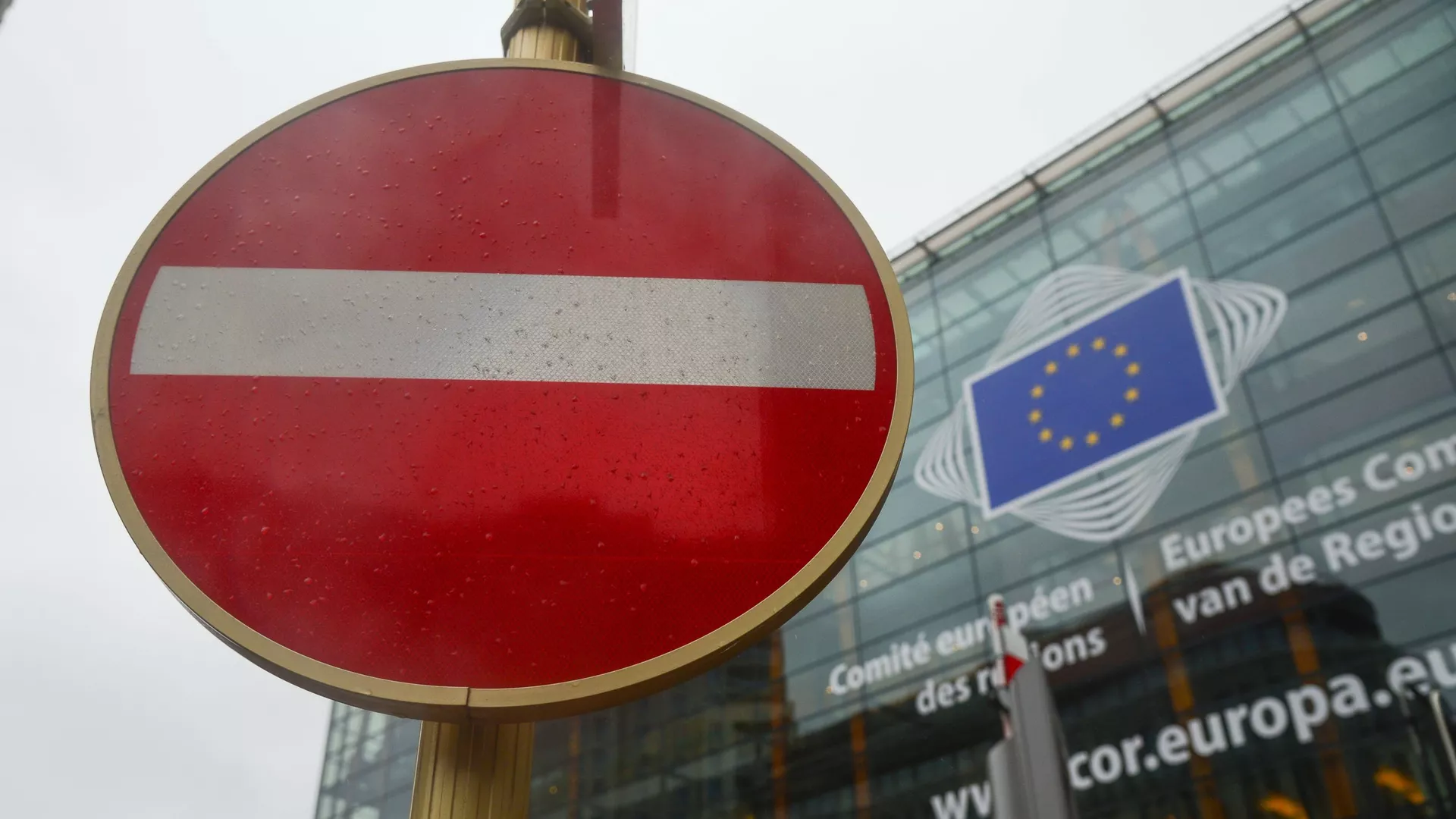Hungarian Prime Minister Viktor Orban sharply criticizes the European Union, emphasizing that power is concentrated in the hands of bureaucrats in Brussels who make decisions without the democratic will of the citizens. He warns of ideological pressure from the EU, especially in areas of migration policy, LGBT rights, and the Green Deal, which, according to him, threaten national sovereignty, traditional values, and economic independence of member states and candidates like Serbia. Orban stresses that Hungary remains firm in defending its right to self-determination and that joining the EU is not a matter of development but ideological capitulation. This criticism is supported by data showing declining trust in the EU in some countries.
Political Perspectives:
Left: Left-leaning outlets tend to emphasize the importance of the EU’s role in promoting human rights, environmental protection, and democratic values. They may criticize Orban’s stance as nationalist and regressive, highlighting the EU’s efforts to enforce standards on migration, LGBT rights, and climate policies as necessary for progress and unity.
Center: Centrist sources present a balanced view, acknowledging the EU’s bureaucratic challenges and the concerns about national sovereignty raised by Orban, while also recognizing the benefits of EU membership and the need for cooperation on common issues like migration and climate change. They often stress dialogue and reform within the EU framework.
Right: Right-leaning media strongly support Orban’s criticism, portraying the EU as an overreaching bureaucratic and ideological entity that undermines national sovereignty, traditional values, and economic interests. They emphasize the defense of national identity, family values, and skepticism towards migration quotas, LGBT policies, and the Green Deal as imposed by Brussels.








